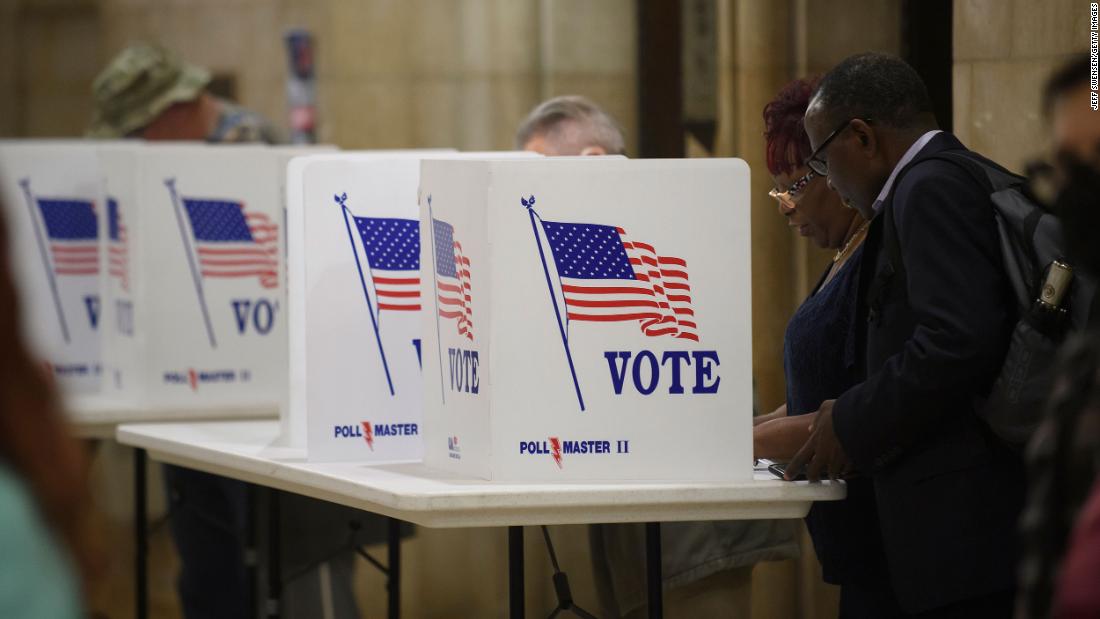Mercedes-Benz India is likely to post its highest-ever unit sales in 2022, surpassing the 2018 peak when it had sold 15,538 units, said its Managing Director and Chief Executive Officer Martin Schwenk on Friday.
He told Business Standard in an interview that this year, so far, unit sales have been about 40 per cent more than that in the corresponding period last year. “We have got good momentum at this stage,” he said, adding that if production keeps up with demand, the company would be able to cross the peak level achieved in 2018.
In Covid-affected 2021, the company sold 11,242 units in India. In the January-September period this year, it already sold 11,469 units.
Mercedes-Benz India launched two luxury sport utility vehicles (SUVs) — GLB and EQB – in the country on Friday. GLB is available in petrol and diesel variants. EQB is Mercedes-Benz India’s third electric vehicle to be launched in 2022. Both SUVs will be imported.

“We reached our highest (unit sales) number in the calendar year 2018. It was 15,538 units. We assume we should be able to cross this number,” Schwenk noted.
Asked if Indians were putting too much into instruments, such as SIPs (systematic investment plans), and if that was hurting the business of Mercedes-Benz India, he replied: “No, I do not think people are saving too much.”
In fact, after the Covid-19 pandemic, the company is observing that people are “spending a little bit more on themselves” while still continuing with their savings, he noted.
“I would not give anyone the advice to not do savings but it is all about balancing. Do you save for future generations? Or do you save for yourself and at the same time you enjoy life?” he noted.
The German automobile company has an order book of approximately 7,000 units. Schwenk said there are three reasons why the company’s production has not been able to keep up with demand in India: Semiconductor chip shortage, disturbance in the logistics supply chain, and high global demand for some specific models.
He said the company manages semiconductor chip shortages on a weekly basis. Disturbance in the logistics supply chain includes everything from a missing container to Covid-19 lockdown leading to the closure of factories, he added.
Schwenk said global demand for some of the company’s models is very high. “We have increased the local production capacity here to get rid of some of the bottlenecks,” he mentioned.
According to him, the company would not be able to “completely mitigate this impact” on production capacity in the next one or two quarters and the waiting period would remain 2-3 months on some models and 6-10 months on other models.
Note:- (Not all news on the site expresses the point of view of the site, but we transmit this news automatically and translate it through programmatic technology on the site and not from a human editor. The content is auto-generated from a syndicated feed.))



